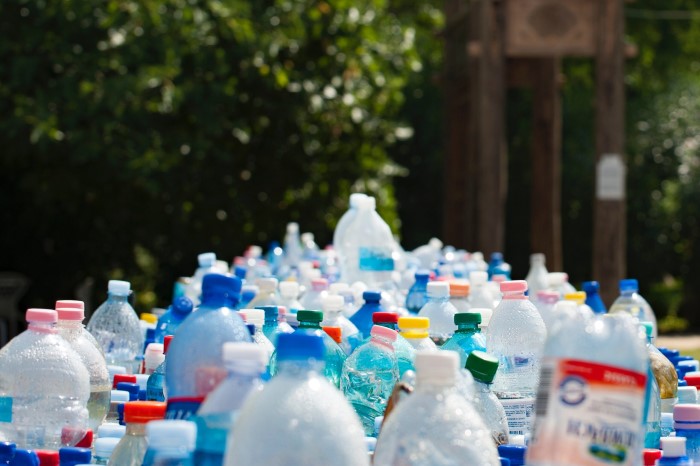New taxes on plastics? Good! Things have got to change…
The EU Council has approved a 80c/kg levy on non-recycled plastic waste will come into effect from January 2021, as part of the financial deal covering the COVID-19 fund and the next EU budget.
The UK announced a 20p tax per kilo tax on virgin plastics with less than 30% recycled content coming into operation from April 2022 in their 2020 budget.
Plastics are fairly new
The first synthetic plastic was bakelite, developed in 1909. You might which (if you are of a certain age) remember it from those old black rotary dial telephones.
Global plastic production has gone from almost nothing in the 1950s to over 350 million tonnes in 2015.
We use a lot of plastic
Ireland had the third highest per capita use of plastic in 2010.
It’s in our water and our seafood
The UN estimates that there are 500 times more microplastics in our oceans than stars in the milky way. Many sources of marine plastics, like vehicle tyre wear, (yes those “rubber” tyres are mainly plastic) are increasing. Persistent Organic Pollutants (POPS) have a greater affinity for plastic than water and concentrations of POPS on microplastics are over 10 times higher than those of the surrounding waters.
Still our exposure to plastic from seafood is dwarfed by our exposure to plastic from all the other sources of plastic in our food. The WHO found that microplastics are ubiquitous, even in bottled and tap water.
Action to reduce marine plastic pollution
Some sources are being tackled such as microbeads (Microbeads (Prohibition) Act) and the new EU Directive on single use plastics and fishing gear (Directive (EU) 2019/904).
Walking on the beach in County Clare and looking at all the disintegrating plastic wet-wipes tangled with the seaweed along the shore where my children played in the sand made me shudder.
This has more to do with Irelands lack of progress on implementing the Urban Wastewater Treatment Directive. The EPAs latest report Urban Waste Water Treatment in 2018′ does not give much comfort there.
Don’t get me wrong, plastics are amazing!
The problem with plastics is that they are really really good. They are cheap, durable, and can be combined with additives to give us the exact properties we require.
However, we must realise that the rise in plastic use, and the consequent rise in plastics in our water and seafood is unsustainable. This trajectory cannot continue.
We need to reframe our decisions on plastic use in a more holistic life cycle analysis and the framework in which we make those decisions should reflect the full cost of the plastic use well beyond the point at which its function has been fulfilled.
In many cases plastic products and packaging are produced because they are cheap and because the external costs associated with their disposal are not paid by those producing or using them. These taxes should provide a small financial nudge to moving away from plastic use where there are alternatives available.
Want to dive deeper into sustainability?
If you would like to talk to us about improving your environmental performance or exploring how your business can be more sustainable talk to our expert consultants https://antarisconsulting.com/environment/








